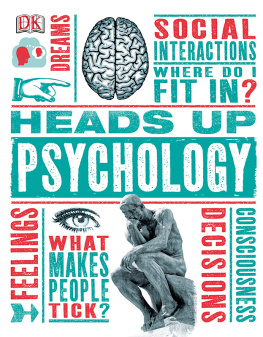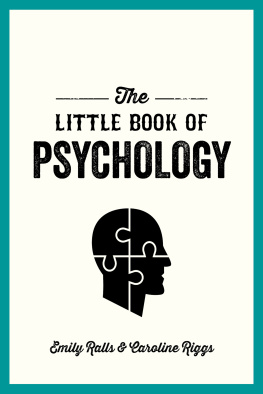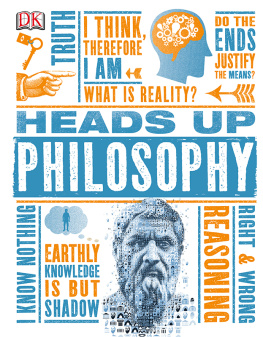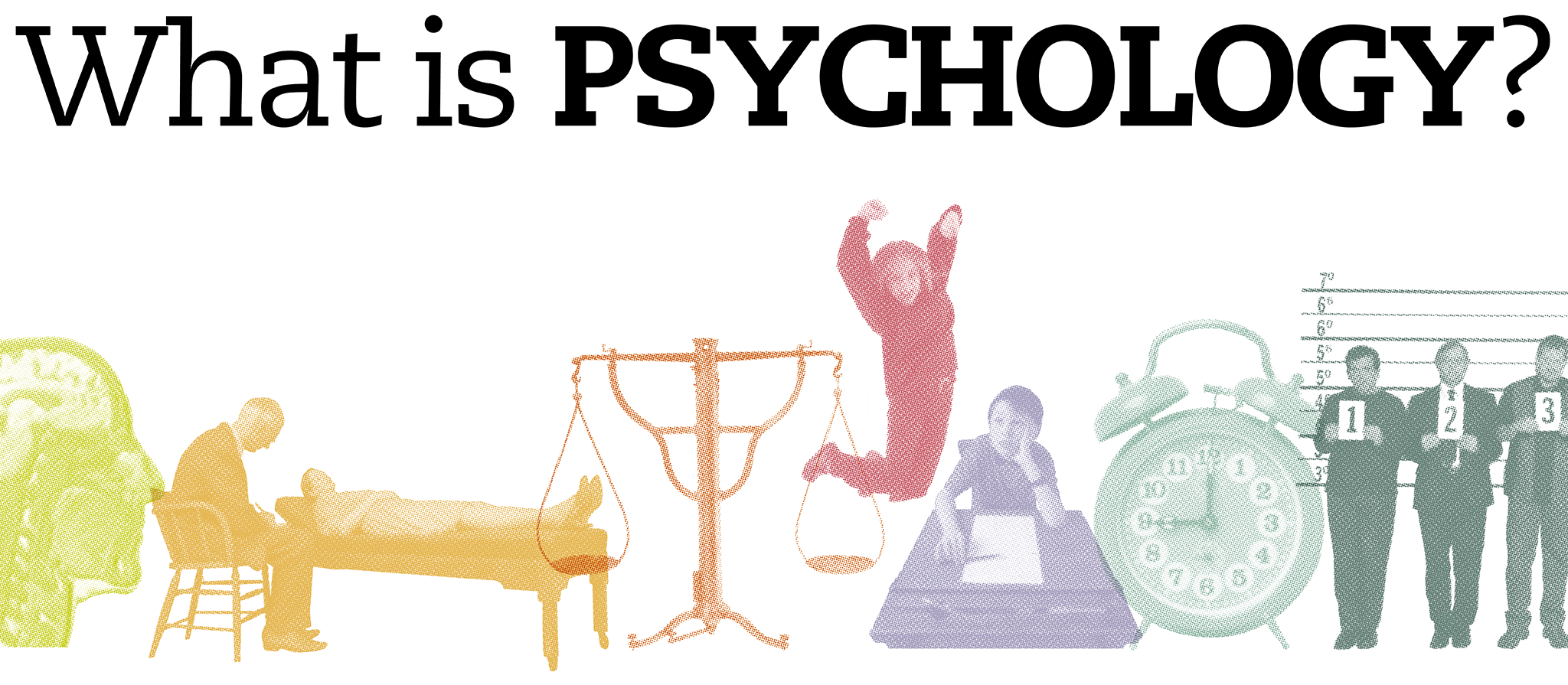
LONDON, NEW YORK, MELBOURNE, MUNICH, AND DELHI
Senior Project Editor Victoria Pyke
Project Editor Matilda Gollon
Editorial Assistant Ciara Heneghan
US Editors John Searcy, Allison Singer
Senior Designer Jim Green
Designers Daniela Boraschi, Mik Gates
Illustration Daniela Boraschi, Mik Gates, Jim Green, DianePeyton Jones, Charis Tsevis
Managing Editor Linda Esposito
Managing Art Editors Michael Duffy, Diane PeytonJones
Publisher Andrew Macintyre
Publishing Director Jonathan Metcalf
Associate Publishing Director Liz Wheeler
Art Director Phil Ormerod
Preproduction Controller Nikoleta Parasaki
Senior Producer Gemma Sharpe
Jacket Editors Manisha Majithia, Maud Whatley
Jacket Designer Mark Cavanagh
DK Digital Publishing Team
Senior Digital Producer Miguel Cunha
Senior Editor Scarlett O'Hara
Head of Digital Operations, Delhi Manjari Hooda
Senior Editorial Manager Lakshmi Rao
Assistant Producer Suruchi Kakkar
Software Engineer Rachana Ravindran
AV Media Manager Nain Rawat
Operations Assistant Tauhid Nasir
First American Edition, 2014
Published in the United States by
DK Publishing
345 Hudson Street
New York, New York 10014
Copyright 2014 Dorling Kindersley Limited
All rights reserved
No part of this publication may be reproduced, stored in a retrieval system, ortransmitted in any form or by any means, electronic, mechanical, photocopying,recording, or otherwise, without the prior written permission of the copyrightowner. Published in Great Britain by Dorling Kindersley Limited.
ISBN 9781465419934
This digital edition published 2016 - ISBN: 9781465455475
DK books are available at special discounts when purchased in bulk for salespromotions, premiums, fund-raising, or educational use. For details, contact: DKPublishing Special Markets, 345 Hudson Street, New York, New York 10014 orSpecialSales@dk.com.
Discover more at
www.dk.com
People are endlessly fascinating. The closer you look, the morecomplicated they become. Psychology is a scientific discipline that is devoted tounderstanding what makes us who we are. By studying our minds and our behavior, It seeksto unravel the immense, rich complexity of being human.
Think of the last time you took a bus or a train. Did you notice anyone else there?Did you strike up a conversation with a fellow passenger? If so, is that because you arenaturally outgoing, or was there something particular to that situation that made youspeak? You may have wondered why you behave as you do. It is this curiosity about howpeople behave that drives psychologists, and they ask such questions all the time.Psychology is the study of human behavior and the mind. But what is the mind? It appearsin our everyday speech: I dont mind, Ive changed mymind. The mind is not a physical thing, however, and it is not the same asthe brain. It is a conceptual mechanism with a set of abilities or functions. Itdoesnt matter that we cannot see it, nor can we take it apart to see how itworks. Psychologists try to imagine a way that it could possibly work, and watch peopleto see if their behavior is consistent with that way of working. But people aredifficult to study. The more you try to observe them, the more they change theirbehavior. Even so, huge advances have been made in our understanding of things such ashow we form memories, make mistakes, interpret what we see, and communicate with otherpeople. This has allowed us, in turn, to become better teachers, create a fairer justicesystem, build safer machines, treat mental disorders, and make many other advances. Thejourney toward understanding mind and behavior has taken about 140 years so far, butreally we are just starting out. Every day, psychologists uncover new and surprisingaspects of human behavior, but there is a long way to go before we can say that we trulyunderstand the mind.
The activities of psychologists are very diverse, and academicpsychologists represent only a small proportion of people with psychologyqualifications. Psychology can be useful in all kinds of areas where the quality ofhuman behavior is critical, including sports, education, health, and aviation. Inaddition, many of the skills psychologists learn are useful in other careers.
ACADEMIC PSYCHOLOGISTS
Social psychologist
Social psychologists are interested in how people behave when they aretogether. They study human interaction, communication, attitudes, friendship,love, and conflict.
Cognitive psychologist
By conducting carefully designed experiments, cognitive psychologists seek todefine the mechanismssuch as memorythat make up our mind andallow us to behave as we do.
Biological psychologist
Also known as neuro- or biopsychologists, biological psychologists usescanners and other high-tech equipment to study the brain and learn about thebiological basis of behavior.
Evolutionary psychologist
Studying how our minds have evolved over time allows evolutionarypsychologists to understand where abilities such as reasoning and language mayhave come from.
Developmental psychologist
How do we change from helpless infants into adults with many abilities? Thestudy of development allows psychologists to see how we build our minds as wegrow.
Educational psychologist
These psychologists are interested in finding the best ways to teach people.They test different theories of education, and come up with ways of improvingteaching styles.
Individual differences psychologist
Individual differences psychologists look at what makes each person unique.This includes ideas about personality, emotions, intelligence, identity, andmental health.
MEDICAL PSYCHOLOGISTS
Clinical psychologist
Often based in hospitals, clinical psychologists use a variety of therapies tohelp people cope with mental disorders such as depression orschizophrenia.
Clinical neuropsychologist
Using therapy, clinical neuropsychologists can help people who have sufferedfrom brain disease or injury regain the abilities they lost as a result of thisbrain damage.



















